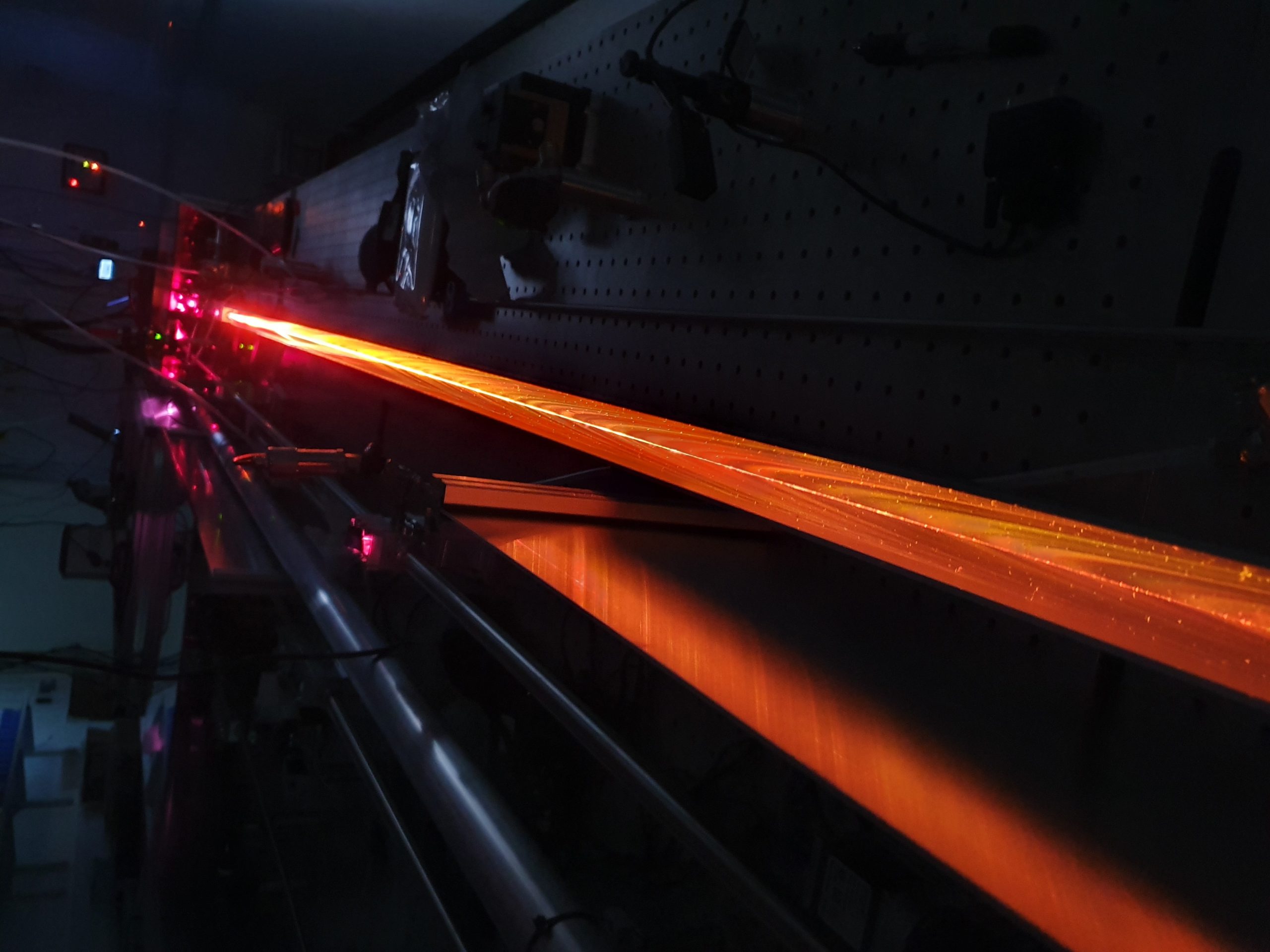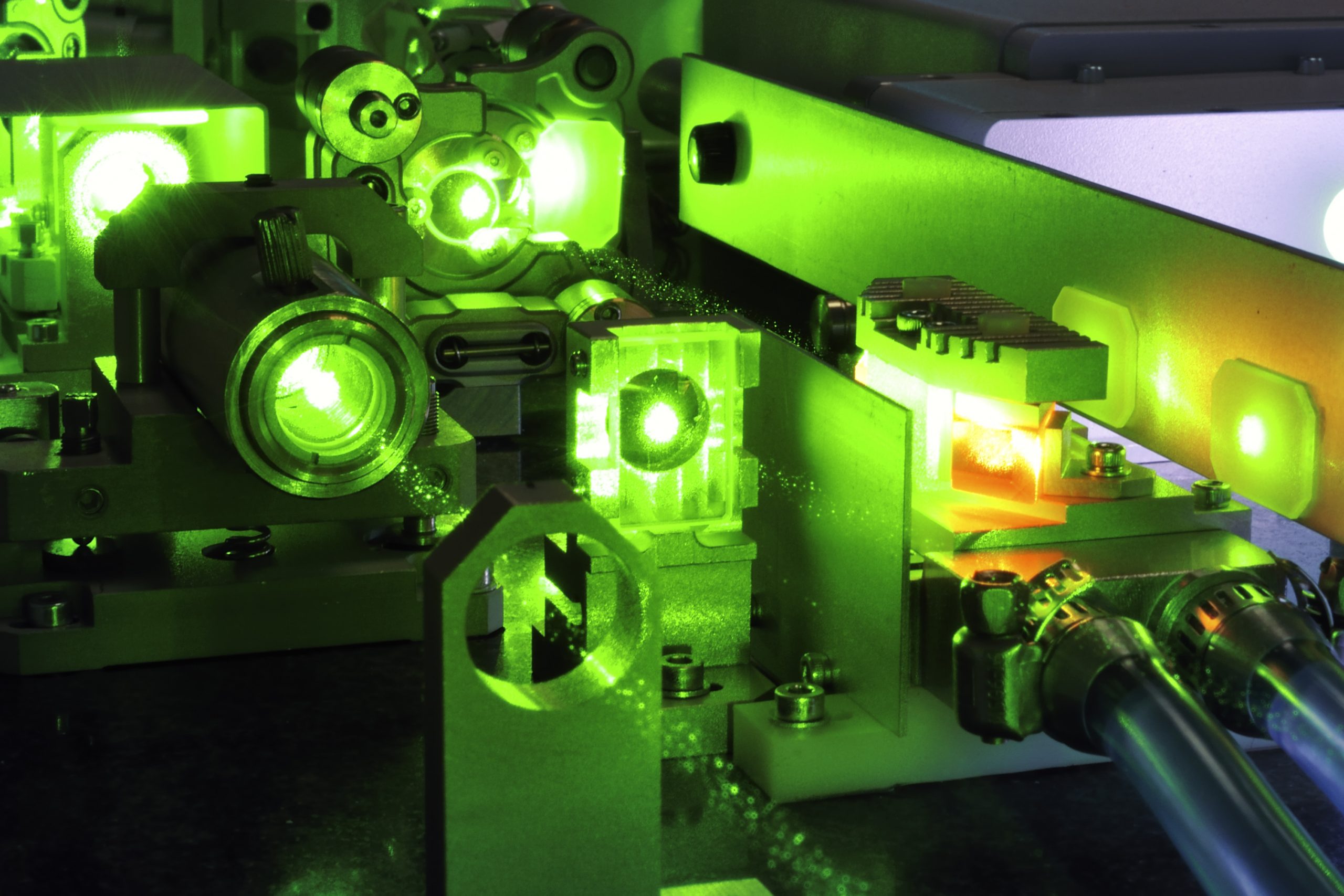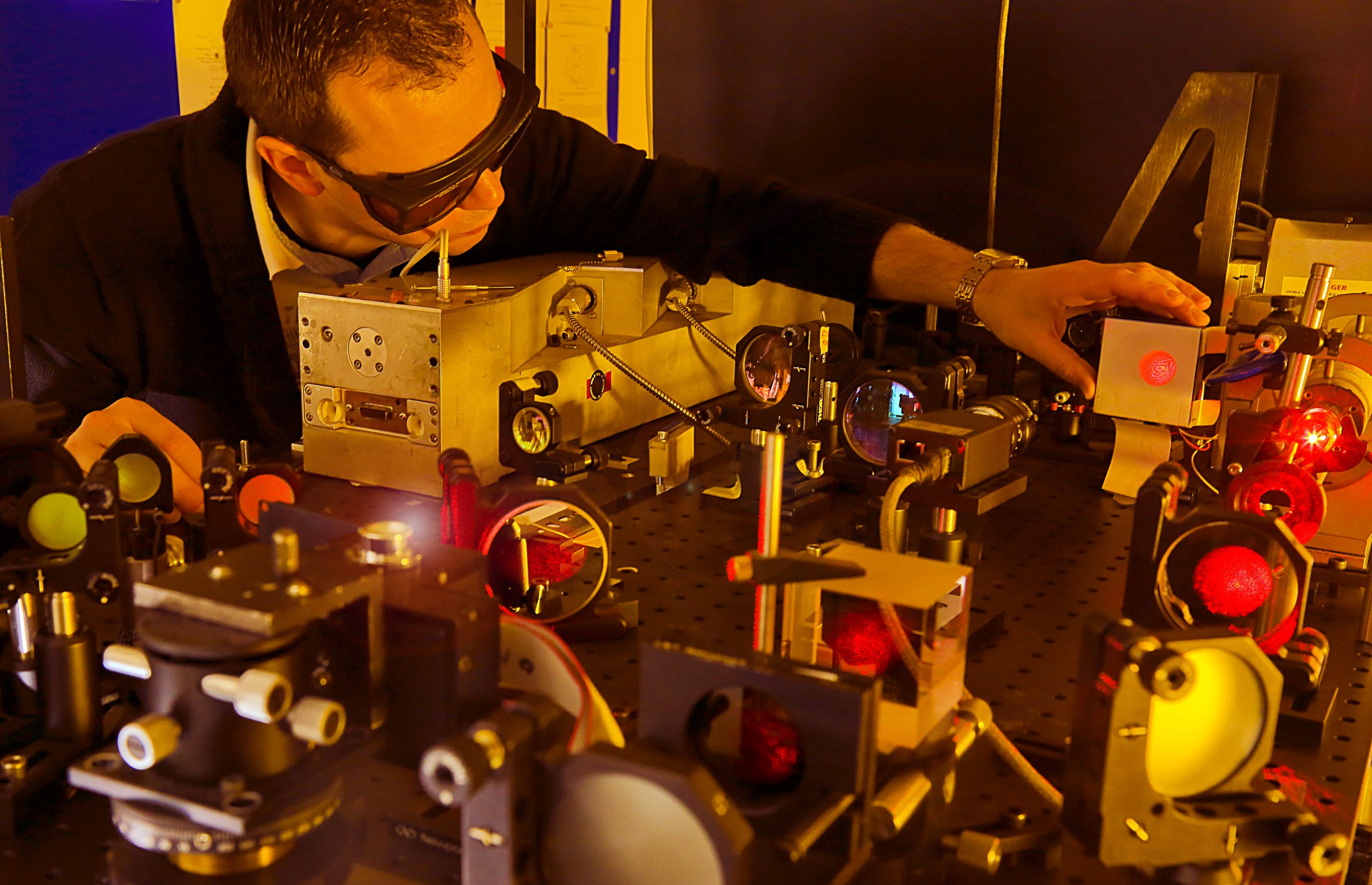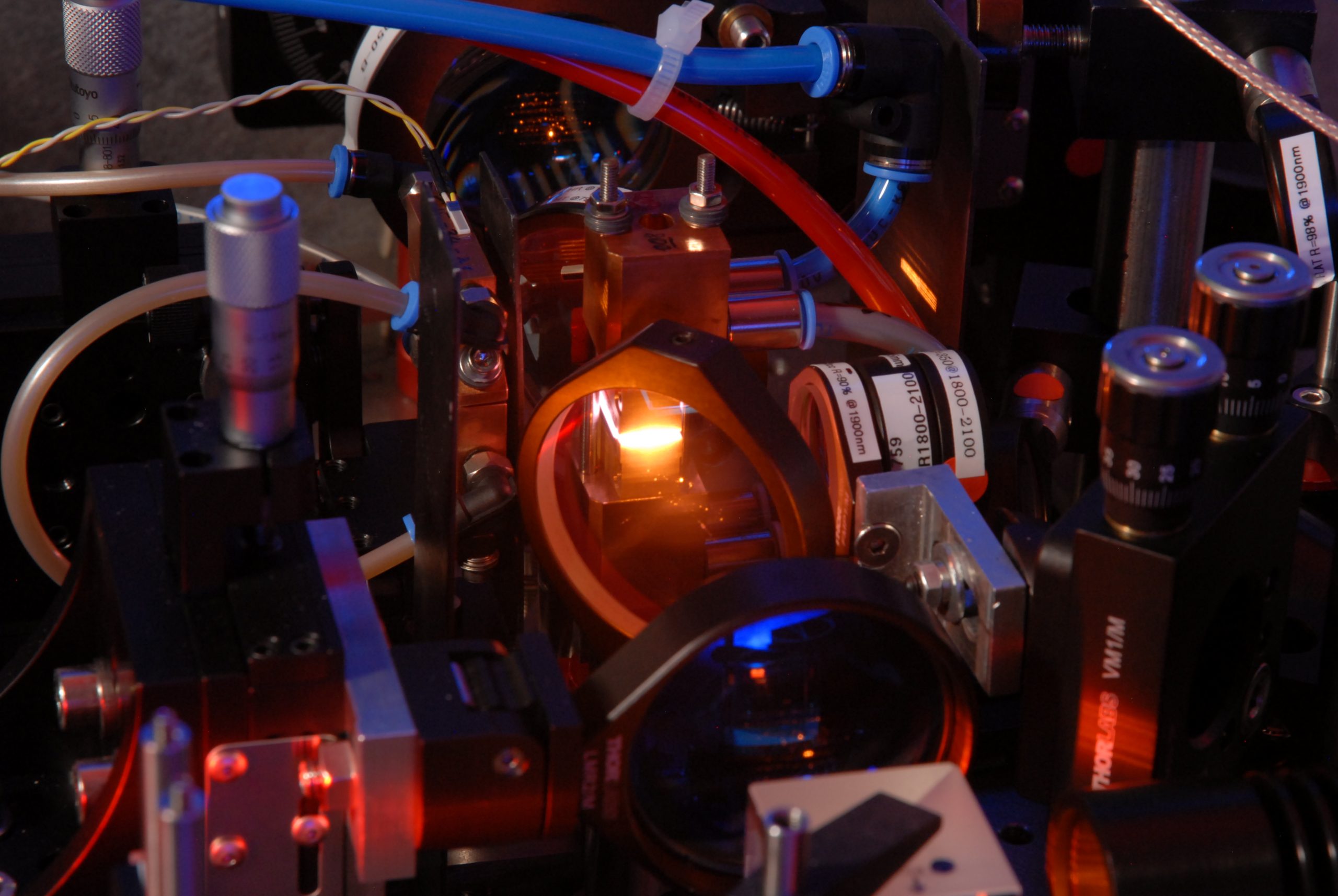Researchers have secured £586,000 to develop 3D laser beams whose shape can be changed.
The innovation from the National Robotarium, hosted by Heriot-Watt University in Edinburgh is set to transform the manufacturing and healthcare technology industries.
The funding from the Engineering and Physical Sciences Research Council (EPSRC) will support the research and development of the lasers for industry application.

The research to be undertaken at the National Robotarium will develop laser beams which have been specifically designed to meet the exact manufacturing requirements of products, improving efficiency and precision.
The National Robotarium is supported by £21 million from the UK Government and £1.4 million from the Scottish Government as part of the £1.3 billion Edinburgh and South East Scotland City Region Deal – a 15 year investment programme jointly funded by both governments and regional partners.
UK Government Minister for Scotland Iain Stewart said: “This is cutting-edge technology in every sense of the phrase.
“These 3D lasers are set to unlock previously unheard of levels of precision and so transform our manufacturing and medical technology industries, boosting the UK’s global reputation for innovation and attracting jobs and further investment.

He continues: “This exciting research is being supported both by a £586,000 UK Research and Innovation grant, and our £21 million investment in the National Robotarium through the Edinburgh City Region Deal.”
The Scottish Government’s Cabinet Secretary for Finance and the Economy Kate Forbes said: “I’m very pleased to hear this cutting-edge research will be carried out at the National Robotarium, which is funded through the Edinburgh and South East Scotland City Region Deal, and that it will have a direct impact on our world leading manufacturing industries.
“This is a crucial time for business, trade and investment in Scotland.
“City Region and Growth Deals have a key role to play in our economic recovery from the pandemic as we work towards a fairer and more inclusive Scotland.
“Our £300 million commitment to the Edinburgh and South East Scotland City Region Deal will enable much needed investment in transport, housing, culture, and innovation, as well as skills development for local people, to help build a future economy that benefits everyone.”

The new technique could be harnessed to improve how holes for sensors and cameras on smartphone screens are drilled and to increase the density of information on semiconductor chips, helping to keep up with the ever-increasing demand for more memory in devices.
Medical applications could include cancer surgery, where it is hoped more precise medical instruments could allow the resection of tumours without removing healthy surrounding tissue.
In an academic partnership, the project’s research into this kind of medical application will be supported by Professor David Jayne at the University of Leeds.
Other examples include fabricating waveguide devices to support telecommunications and the internet, microscopy and even astronomic telescopes.

The National Robotarium is a world-leading research facility for robotics and artificial intelligence that will create innovative solutions to global challenges using cutting-edge research, product design and industry collaboration.
